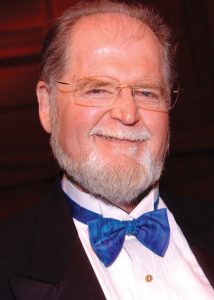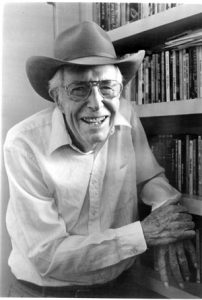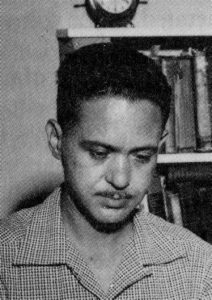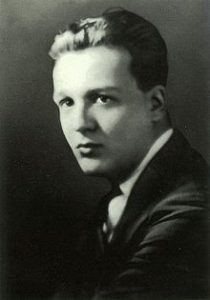 Larry Niven was born on this date, April 30, in 1938. I’m doing it again, breaking my pattern of focusing on dead writers to do a birthday post on one who is still alive.
Larry Niven was born on this date, April 30, in 1938. I’m doing it again, breaking my pattern of focusing on dead writers to do a birthday post on one who is still alive.
Niven has written some of the milestones of the field, particularly Ringworld. Today I want to take a quick look at a short story that takes place early in the Known Space series, a future history of which Ringworld is a part.
One of the things Niven focused on in his early writings was organlegging, the illegal harvesting and transplanting of human organs. In Niven’s future, the death penalty is expanded to encompass all manner of trivial crimes, in the interest of saving a life. Continue reading




